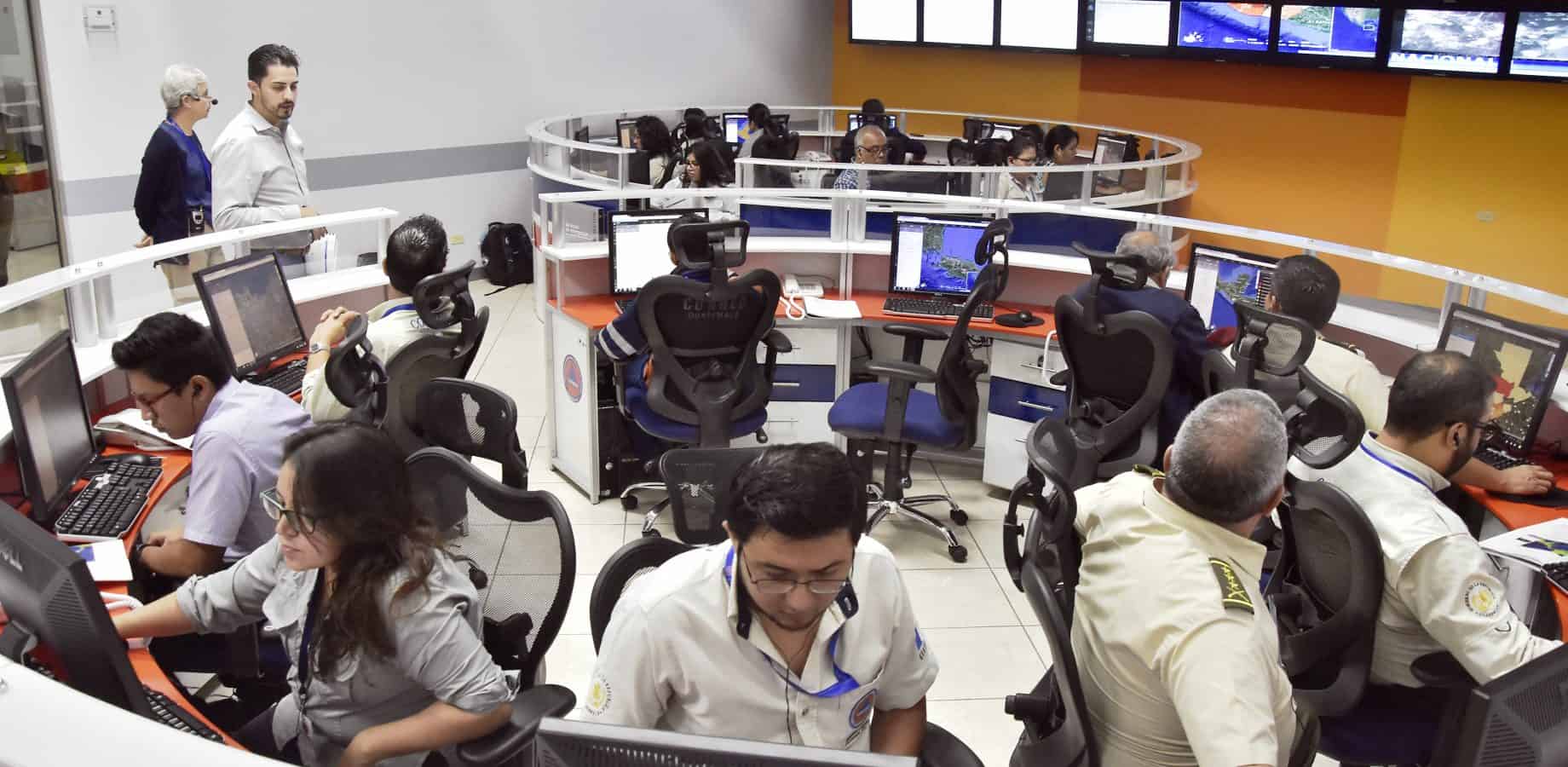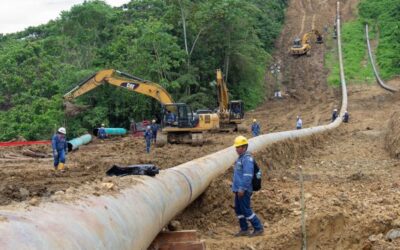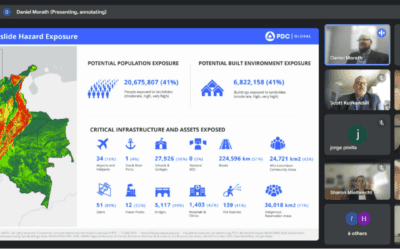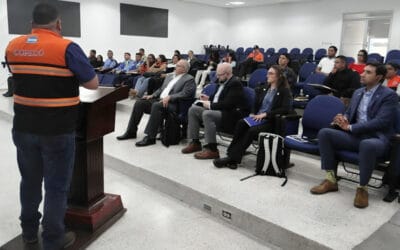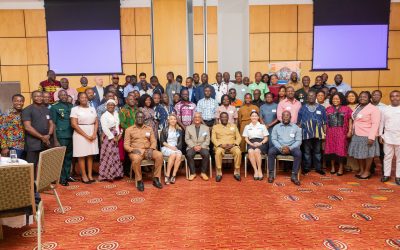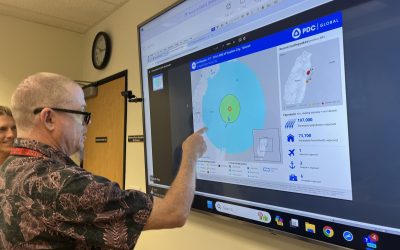Natural disasters have the potential to cause tremendous suffering and perpetuate generations of social inequality and economic instability, especially for resource-limited economies. In order to help decision makers understand and address the underpinnings of disasters on the world’s most vulnerable, Pacific Disaster Center (PDC)—an applied research center managed by the University of Hawai‘i—has developed a National Disaster Preparedness Baseline Assessment (NDPBA) program to collaborate with countries on capacity development and disaster risk reduction initiatives.
The multi-faceted assessment equips countries with highly-effective, evidence-based decision support tools including a wealth of new national and subnational (local) data, scientific information collected through research, and the latest high-tech tools and best practices in disaster management. Throughout the assessment process, PDC collaborates with decision makers at all levels—connecting stakeholders from private industry, academia, government, first response, and humanitarian assistance sectors—to help identify gaps in capacity, to isolate risks, and to collect critical data essential for disaster-smart policies and practices.
“Our assessment provides scientific information about the underlying factors that exacerbate disaster risk—such as socioeconomic vulnerability—and examines resources and practices that lead to successful mitigation of disasters. This information helps decision makers prioritize investments as well as design more effective plans to mitigate disaster losses, prepare for, respond, and recover from hazards.” said Dr. Erin Hughey, Director of Disaster Services at PDC. With so much at stake, Hughey said cooperative efforts are needed across sectors and countrywide in order to effectively tackle the challenges that lead to catastrophic disasters and long-term economic impacts.
PDC has completed assessments and is working with partners in numerous countries to cocreate 5-year preparedness enhancement plans that can be measured for risk and loss reduction over time. The success of the NDPBA program has gained momentum since its inception in 2014, and has garnered interest in more than 10 countries during 2018 alone.
To learn more about the National Disaster Preparedness Baseline Assessment in countries with whom PDC has worked, check our PDC in Action map or see below for a list of recent activities:
- Argentina, 2018 (Pending)
- Benin, 2018 (Pending)
- Cabo Verde, 2018 (Pending)
- Dominican Republic, 2016-2017 (Complete)
- El Salvador, 2014-2015 (Complete)
- Guatemala, 2016-2017 (Complete)
- Honduras, 2016-2017 (Complete)
- Jamaica, 2015-2016 (Complete)
- Nicaragua, 2016-2017 (Complete)
- Panama, 2018 (Pending)
- Paraguay, 2018 (Pending)
- Peru, 2014-2015 (Complete)
- Sierra Leone, 2018 (Pending)
- Togo, 2018 (Pending)
- Trinidad and Tobago, 2018 (Pending)
- Uruguay, 2018 (Pending)
- Vietnam, 2018 (In Progress)
